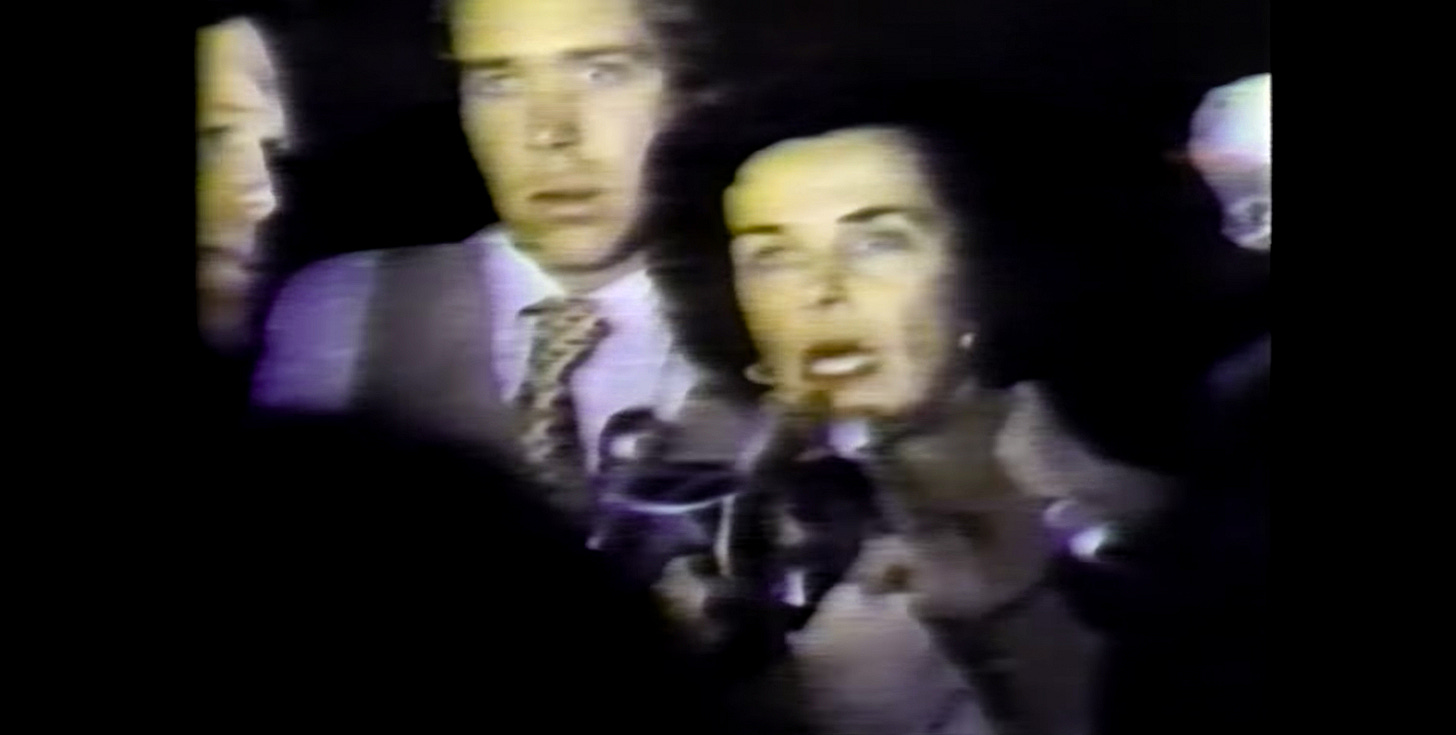Dianne Feinstein And The Death Of Moderate Democrats
Swamp Dems :: Real Democrats Divide :: Harvard, Disinfo Superspreader :: Ukraine War Behind Ethnic Cleansing :: Cry More, Censors :: Hidden Costs Of Solar :: Deep Fake Dance-Off

On November 27, 1978, after a deranged San Francisco city supervisor shot and killed the mayor and another city supervisor, it fell to Dianne Feinstein to inform the public of the horrible news.
“As president of the Board of Supervisors,” she said, voice trembling, “it is my duty to make this announcement. Both Mayor Moscone and Supervisor Harvey Milk have been shot and killed.”
Dramatic footage of the event can be seen in a documentary film, The Life and Times of Harvey Milk.
“Jesus Christ!” a man shouts. A woman’s cry can be heard.
“The suspect,” said Feinstein, “is Supervisor Dan White.”
That night, tens of thousands of people took to the street holding candles, marching quietly toward Civic Center Plaza in one of the most moving and powerful demonstrations ever captured on film.
Last night, the family of Feinstein, who has served in the US Senate since 1993, announced that she had died. The Senator, who San Franciscans lovingly called “DiFi,” was 90.
At the time of the assassinations of Moscone and Milk, Feinstein had felt her career in politics was over. “It seemed clear to her,” wrote historian David Talbot in his history of the city, “that she was not the leader that San Francisco wanted — too starched, too middle of the road, too goody-goody.”
For example, after Feinstein said she had wanted to “clean up” the Tenderloin, the epicenter of the city’s addiction and homelessness crisis, self-appointed advocates for the homeless accused her of lacking compassion.
Rev. Cecil Williams of Glide Memorial Church felt that Feinstein was “blaming the victim” when she extolled things like good hygiene and hard work. “If they had a place to get cleaned up,” said Williams, “most of them would get cleaned up.”
But now, with Milk and Moscone dead, Feinstein would become mayor of San Francisco. As such, she had to find a new gear. Staring out over the crowd at Civic Center Plaza, she found it.
Feinstein told the crowd that she would make sure, as mayor, that San Francisco would continue to seek “human rights, love, and understanding.” She received loud and warm applause that San Francisco audiences had never given her before.
“When I am really in crisis,” she said later, “things are much clearer to me. I move in a regular way and can just sustain myself through the crisis. . . . I needed that ability when I became mayor because the city was falling apart.”
Feinstein took a balanced approach. She appointed a progressive to replace Milk, seeking to affirm the will of the people who had elected him. But Feinstein also increased funding for the police. “I believe safety is the first thing you need to guarantee as mayor,” she said.
For several decades after this crowning event, Feinstein was the face of moderate Democrats. She backed the police, and she supported gun control. She supported military interventions, and she fought CIA torture. She favored sheltering the homeless, and she wanted the courts to mandate drug rehab.
Today, the faces of moderate Democrats are Gov. Gavin Newsom and San Francisco Mayor London Breed, and their policies have been anything but moderate.





